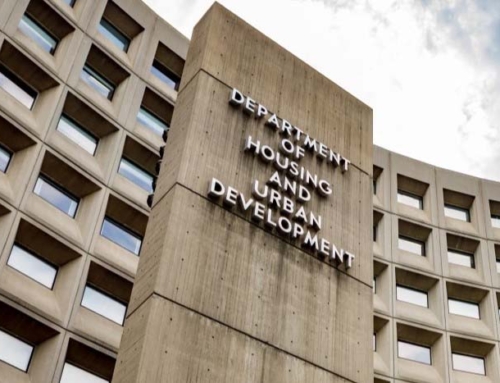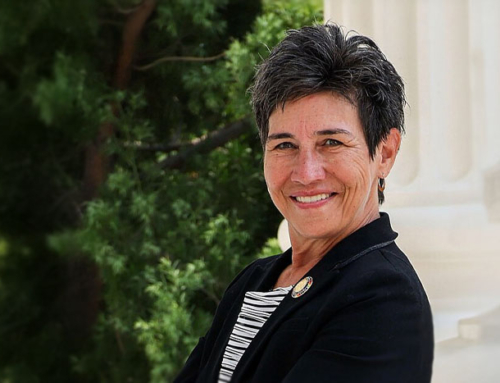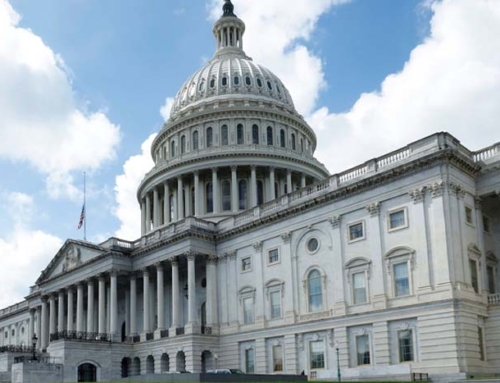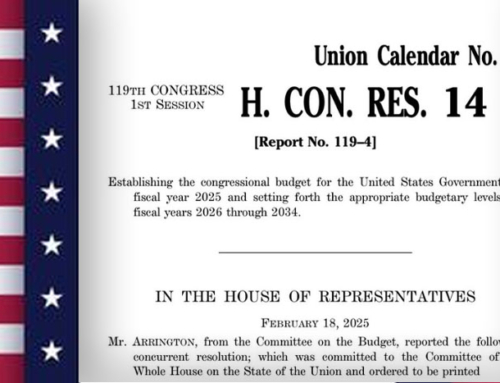The busy and eventful run-up to the 2024 election has impacted work in Congress. Following the U.S. House’s June release of its draft spending bill for HUD programs for FY 25, the Senate released its proposal in late July; negotiations will likely continue past the November elections. The Senate additionally failed to approve a bipartisan tax package that would have expanded the Low-Income Housing Tax Credit (LIHTC).
The Senate’s draft spending bill for FY 25 provides $78.2B for HUD’s affordable housing, homelessness, and community development programs, an increase of $8.2B, or more than 10%, over FY 24-enacted levels and $5B (6%) more than the overall funding level provided in the House’s FY 25 proposal. Senate Appropriations Committee Chair Patty Murray (D-WA) and Vice Chair Susan Collins (R-ME) reached a bipartisan agreement to provide funding above the 1% cap allowed under the Fiscal Responsibility Act of 2023.
The bill proposes an increase to the Tenant-Based Rental Assistance (TBRA) program of $2.9B over FY 24, and $3B more than the funding proposed in the House proposal, for a total of $35.3B. The funding provided may be sufficient to cover the full cost of renewing existing TBRA voucher contracts and would provide funding for 3,000 new vouchers for youth aging out of foster care and veterans at risk of or experiencing homelessness.
The bill would also provide $4.3B to HUD’s Homeless Assistance Grants (HAG) program, a 6% increase from the previous fiscal year and 6% more than the levels provided in the House proposal and in President Biden’s budget request. HAG funding connects people experiencing homelessness with the resources and support they need to find and maintain safe, stable housing. The Senate proposal would also maintain $20M in funding for HUD’s Eviction Protection Grant Program (EPGP), which provides grants to communities to provide people at risk of eviction with access to legal assistance and other services to keep them stably housed.
Other important programs would receive increased funding in FY25, including the Choice Neighborhoods Initiative (+33%), Housing Opportunities for Persons with AIDS (HOPWA) (+4%), the HOME Investment Partnership Program (HOME) (+14%), and Section 202 Housing for the Elderly (+14%).
Beyond spending provisions, the Senate proposal does not include the negative policy changes included in the House proposal. The House bill included policy provisions that would limit HUD’s ability to use funds to implement, administer, or enforce the department’s Affirmatively Furthering Fair Housing rule; bar appropriated funds from going to “sanctuary communities”; and eliminate the 30-day eviction notice requirement for HUD-assisted households.
The Senate, unfortunately, failed to approve a bipartisan tax package, the “Tax Relief for American Families and Workers Act of 2024” (HR 7024), that would have expanded LIHTC. The House’s passage of the tax bill was considered a victory, particularly given its inclusion of the Child Tax Credit and the expansion of LIHTC. The tax package, if passed, would have restored a temporary 12.5% increase to LIHTC and supported the use of private activity bonds to finance affordable housing. Advocates additionally called out the bill’s exclusion of further reforms to LIHTC that would have incentivized developers to prioritize extremely low-income households and help build more affordable rental homes in rural and tribal areas.
Next, the Senate still needs to pass this bill, after which the final stage of the budget process is resolving any disagreements between the House and the Senate so that both chambers pass the exact same measure. The practical deadline for passage of appropriations is October 1st, when the next fiscal year begins and the previous appropriation bills expire. However, these deadlines are not enforceable, and over the past few years, Congress has enacted multiple continuing resolutions to extend this timeline. Given elections in November, it is highly likely that lawmakers will punt funding debates past those dates.
© LeSar Holdings/LeSar Development Consultants. All Rights Reserved. Please be advised that any republishing of copyrighted material provided by our organization, in whole or in part, requires prior written authorization. For permission, please reach out to [email protected]. We appreciate your understanding and compliance in upholding copyright laws.





















